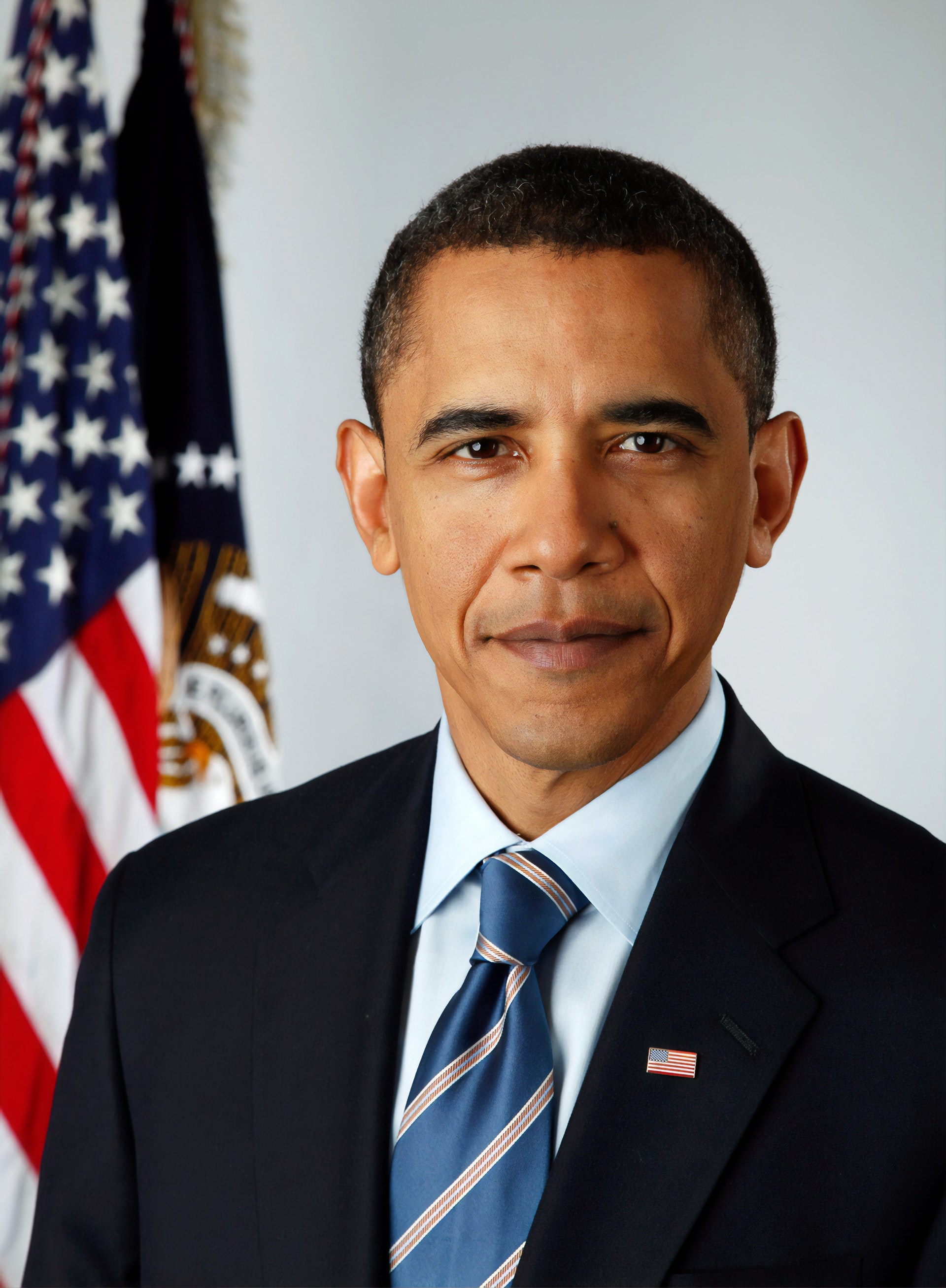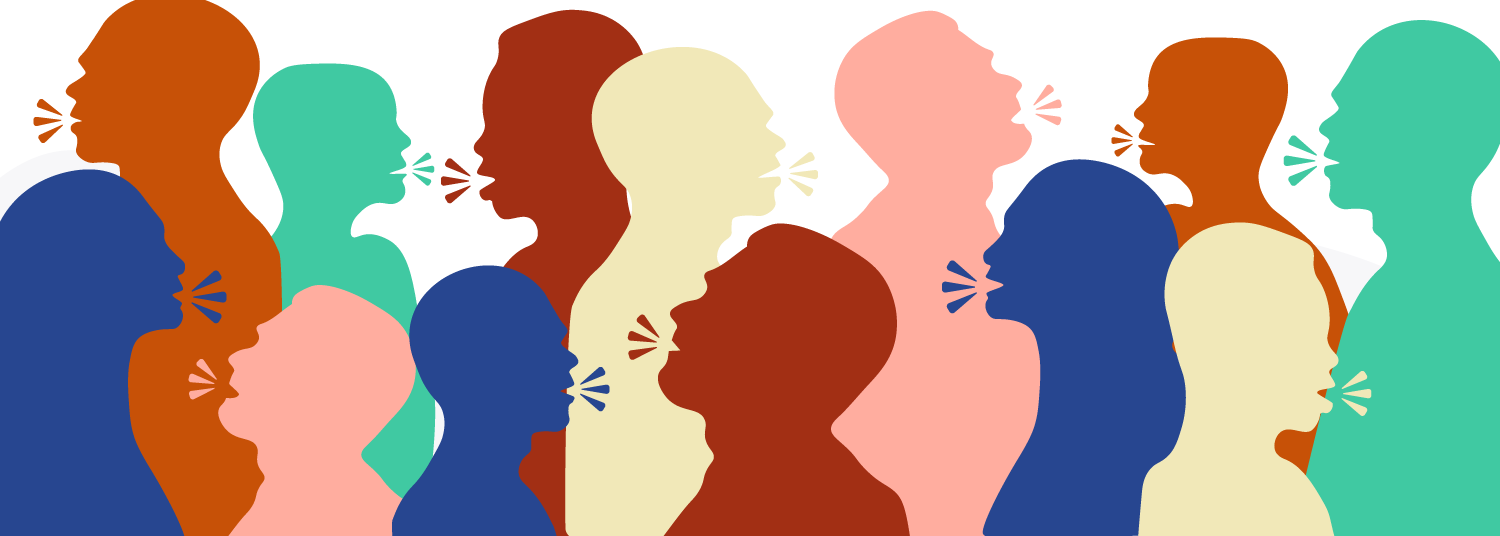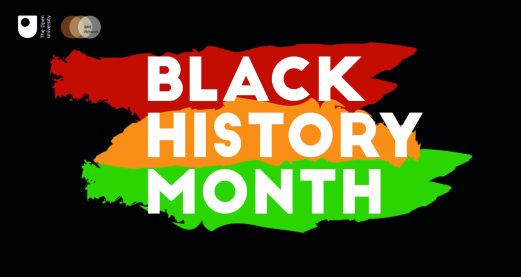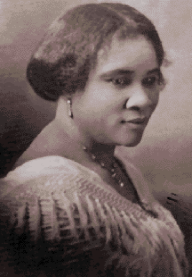Find out more about The Open University's Language courses and qualifications.
What is language?
Language is a method of communication, which contains a structured system consisting of a set of sounds, written symbols and signs. It describes how we share norms, values, meaning, culture and perspectives of the world with others who understand the same language system. All languages are fluid, taking on new words, meanings and grammatical rules throughout their existence. However, society’s relationship with language is complex, holding an ability to tell those who communicate a lot about each other. Language is one of the most salient yet least understood means we have for creating our identities and sharing these identities with others.
What is the relationship between race and language?
Raciolinguistics is a relatively new branch of the study of language that examines how language shapes race and how race shapes language. This term was popularised by Nelson Flores, an educational linguist and Jonathan Rosa, an anthropologist in 2015. It refers to a belief that language has a role in producing racial differences and the construction of race has a role in producing differences in language. Essentially, it is a perspective that believes race and language are interrelated.
Language has a role in producing racial differences and that the construction of race has a role in producing differences in language.In the United Kingdom, Standard English (SE) is a variety of English that is generally used in public and official communication, such as newspapers, government publications and instructional education. SE is used in the area of England (the southeast) within which the power of Britain was focused (the capital of England, London, is in the southeast) at the time of language being codified through print and law. For this reason, SE is widely accepted as the ‘correct’ form of English, with prestige and social power associated with it. Within most countries, the standard language of that country is the variety of language that is associated with formal schooling, language assessment, and official print publications, among other things.
Despite the ‘standard’ part of the term; the English language in both spoken and written form comes in a variety of arrangements often based on where you live, which we would describe as regional or national dialects and/or English spoken with regional accents. Though SE is common, nearly all people in England speak with a combination of standard and regional non-standard dialects depending on social factors like class and context. Depending on where you are from in the UK, you may be ‘very pleased’, ‘well-chuffed’, ‘made-up’, or ‘buzzing’ about these differences. You may speak SE in different accents too; with Received Pronunciation, a Cockney accent, or a Bristolian twang. The importance of SE, however, cannot be denied, though its place at the top of the language hierarchy can be called into question. Within raciolinguistics, there is an argument that standardised forms of language create different experiences for racialised individuals.
But what if the standard language of your country is not the language you speak?
Why are standard languages considered to be “better” than dialects?
Use of non-standard English is often thought to indicate levels of intelligence or a lack thereof due to the relationship it has with formal education. Patois, specifically Jamaican patois, is an English-based creole language with West African influences. A creole language is created when two or more languages come together. Jamaican patois can be considered a ‘language’ (rather than a dialect) based on two reasons: it has the characteristic features of a language, and it performs the functions of a language.
SE is considered to be the ‘educated’ end and patois the uneducated.Spoken by the majority of the Jamaican population, it contains its own unique sounds, vocabulary, grammatical rules and structures. The word ‘tears’ in SE may be referred to as ‘eye water’ in the vocabulary of Jamaican patois. Within the sounds used or phonology, the speakers of Jamaican patois do not pronounce the ‘h’ sound at the beginning of some SE words; therefore, the pronunciation of the word ‘hero’ becomes ‘ero’. Conversely, in other SE words, there is the tendency to overemphasise and pronounce the ‘h’ sound at the beginning of words that do not require it, therefore the SE word ‘egg’ becomes ‘hegg’ and ‘exam’ becomes ‘hexam’.
In terms of social status, Jamaican patois falls at one extreme of the linguistic spectrum while SE lies at the other end. SE is considered to be the ‘educated’ end and patois the uneducated, with speakers of it labelled as socially and linguistically inferior in both Jamaican and Britain respectfully.
What has led to social distinction between languages?
Colonialism has had long-lasting effects on the modern world with modern-era European colonialism arguably having one of the most impactful. The effects of colonialism on language is the creation of creole languages, pidgin English and other mixed languages, yet these languages are often supressed in favour of formal and standard languages, creating problems such as class divides and racial tensions. For example, in Kenya, many of the indigenous people speak a variety of Bantu languages. Despite this, Swahili and English are the official languages of the country and therefore the standard languages on which educational knowledge and instruction is based. Opportunities for indigenous people are limited by the fact that Swahili and English are taught up until the age of 10/11, but past that only English is the language of instruction. This creates a vicious cycle causing some to be poorly educated without the chance of making it to secondary school and thereby with less access to well-paid work. The effect of colonialism and its by-product of language standardisation has created social and economic inequalities within society.
Further controversies around language and race
 Obama legitimised AAE as a form of communication
African American English (AAE) is an ethnolect spoken primarily by African American people within America. An ethnolect can be generally defined as a language variety that marks speakers as members of ethnic groups who originally used another language or distinctive variety. Like other non-standardised languages, AAE has been linked to cognitive and cultural deficiency in Black people, yet many want AAE to be recognised as a legitimate and distinct language that is validated by teachers and the education system.
Obama legitimised AAE as a form of communication
African American English (AAE) is an ethnolect spoken primarily by African American people within America. An ethnolect can be generally defined as a language variety that marks speakers as members of ethnic groups who originally used another language or distinctive variety. Like other non-standardised languages, AAE has been linked to cognitive and cultural deficiency in Black people, yet many want AAE to be recognised as a legitimate and distinct language that is validated by teachers and the education system.
Former President of the United States, Barack Obama, provided support for this argument during a number of speeches, press conferences and public appearances where he skilfully and strategically blended standard American English and AAE in ways that secured his likeability across racial lines and legitimised AAE as a form of communication. However, previous efforts to formally legitimise AAE in American public schools, specifically Oakland Unified School District’s ‘Resolution on Ebonics’ in 1995, were unsuccessful. The campaign posited that if AAE or Ebonics (translated as ‘black sounds’) were defined as a distinct language, then, based on existing district policy, students who speak it would require access to additional educational resources geared toward teaching Standard English, thereby providing better systemic support throughout schooling. However, many assumed the school district was attempting to teach Ebonics to its students, resulting in a backlash with some parents of White children considering the resolution an attack on American culture and some African Americans considering it an orchestrated effort to continue to perpetuate the marginalisation of African American children.
Similar racial tensions were felt in England with regards to Multicultural London English (MLE). MLE is best defined as a multiethnolect with varying output of features derived from the Cockney dialect, other UK regional varieties of English, Standard English, African, Caribbean, and Asian Englishes, different learner varieties of English, Jamaican Creole, and further languages other than English. It is used by well-known Grime artist, Stormzy who both speaks and raps using MLE. Some have termed MLE as ‘Jaifacan’ – JA-FAY-CAN or fake Jamaican - due to its proximity to Jamaican patois and decry the death of Standard English because of its use.
Speaking in the summer of 2011, when large-scale riots were taking place in a number of cities across England, David Starkey, a nationally known historian, said in a BBC Newsnight interview that “The whites [in England] have become black…Jamaican patois … has intruded England and this is why so many of us have this sense of literally a foreign country”. His comments were referring to the media presentation that many of those involved were Black and speakers of MLE, sparked outrage among many, yet received support from others. Concerns that MLE could be societally and educationally harmful to the speakers of it increased in intensity across the media, with some terming it as ‘ghetto grammar’ or ‘mutant English’. One secondary school, Harris Academy in Upper Norwood, London, even took the measure of banning the use of words associated with it ‘in order to prepare the pupils for their future on the labour market and in mainstream British society’.Among linguists, however, there is widespread consensus that Jamaican patois, AAE and MLE are not examples of ‘bad’ English, but rather, a legitimate variety of English that has a system of linguistic patterns comparable to SE. Yet, this has not stopped people of minority ethnic heritage learning to ‘codeswitch’ or ‘styleswitch’ to the more societally acceptable SE in certain contexts. Much like that of Obama mentioned above, learning how to switch from one set of language systems to another seems to convince certain groups of your ability to belong as well as your educational ability.
Final thoughts
The stigmatisation of mixed languages or non-standard languages is the stigmatisation of the identities of people who do not naturally share standardised languages.Through limitation or dismissal of other languages and dialects, there is the potential for ideas and expression from other cultures and lived experiences to be censored or left unheard. The stigmatisation of mixed languages or non-standard languages is the stigmatisation of the identities of people who do not naturally share standardised languages.
In 2017, the BBC launched a digital service called BBC Pidgin which included a mix of local, regional and international news current affairs and analysis in West African Pidgin English - a mix of English and local languages. In Nigeria, it is estimated that some three to five million people use it as their first language in day-to-day interactions. This service acknowledges the importance of providing people with information in the language they speak rather than the language that they are expected to speak, recognising that non-standard languages have just as much prestige as standard ones.
The road to social transformation will require those of higher social status to acknowledge the privilege afforded to them by the standardisation of the language they speak while also acknowledging the inequities experienced by those who speak different languages. By teaching people to be critically aware of language hierarchies and how they can affect people of different races, we can help everyone to hold on to the rights to their own languages and the identities associated with them; giving everyone the right to be heard.

















Rate and Review
Rate this article
Review this article
Log into OpenLearn to leave reviews and join in the conversation.
Article reviews